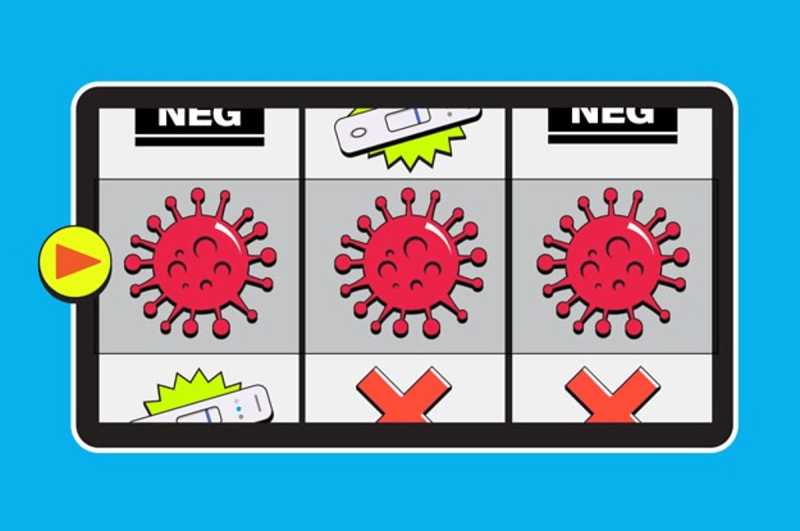One wonders whether the cycle could continue forever—whether many of us will eventually get covid for a fourth time, or a fifth, or even a tenth.
Fundamentally, our risk of reinfections depends on three main factors: how much our immunity has waned, how much the virus has changed, and how much of it we encounter. Our collective immunity increases with infections, reinfections, and vaccines. Booster shots are meant to slow the drawdowns in our immunity, and the recently approved bivalent vaccines, which target the Omicron subvariants BA.4 and BA.5, may be particularly helpful. But the immune system must be judicious: it encounters countless threats and can’t maintain enormous standing armies for each one. Over time, our bodies pare back their defenses, and whether we’re reinfected depends partly on how quickly and intensely they remobilize during the next encounter.
…
These three factors exist in a kind of equilibrium, but the balance can change, sometimes dramatically. Because Omicron is a more skilled infector of humans than prior variants, we need vastly higher levels of circulating antibodies to block it from infecting us. “The intrinsic transmissibility of Omicron has changed the rules of the game,” Dan Barouch, an immunologist at Harvard, told me—probably in a way that makes it impossible for us to win, if by winning we mean avoiding reinfection altogether.































